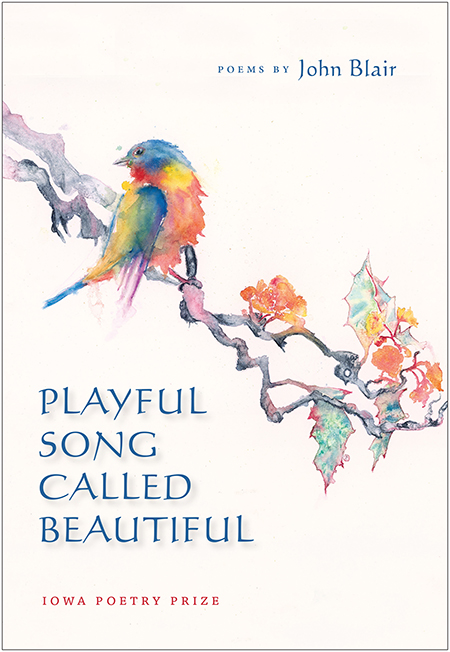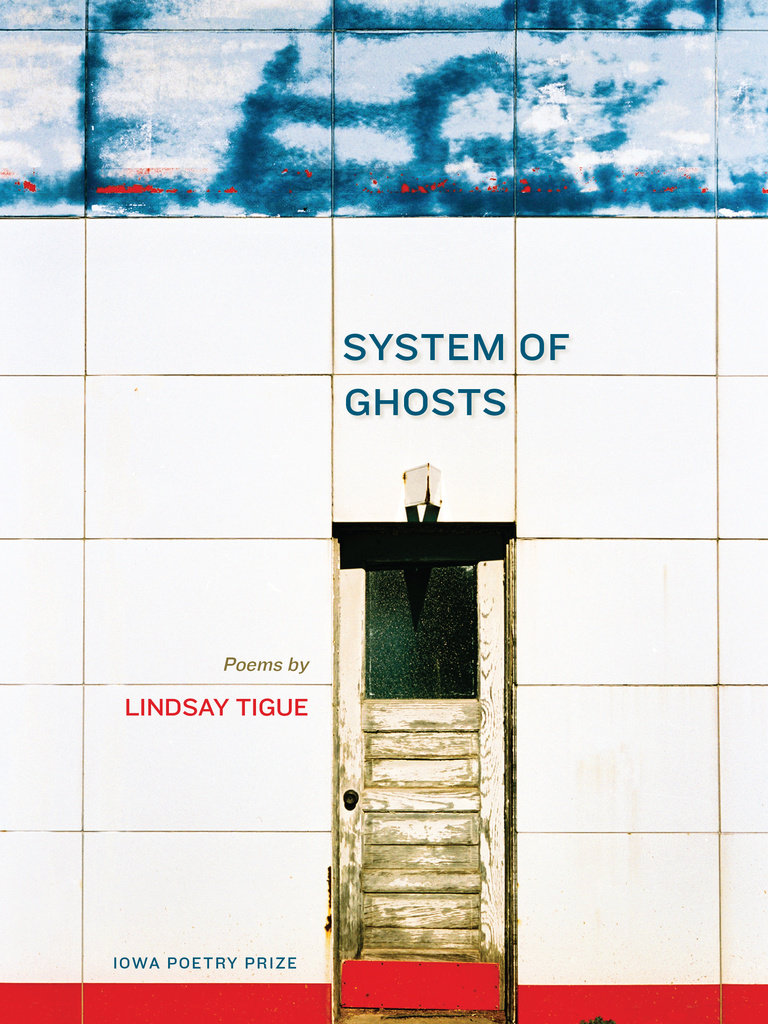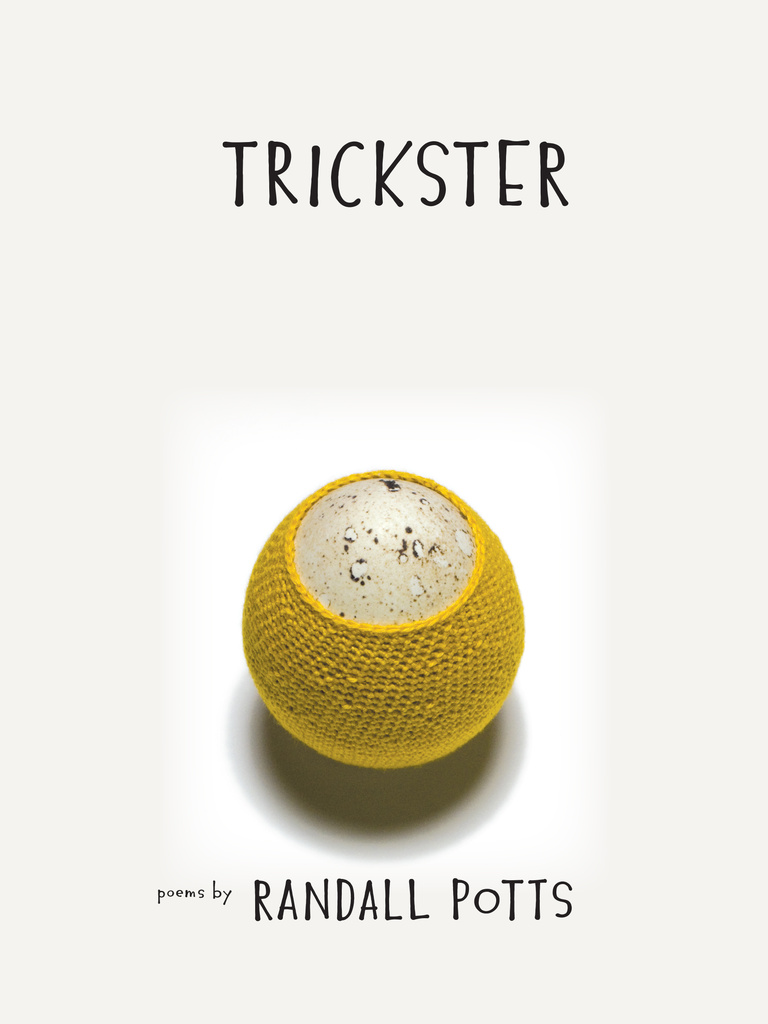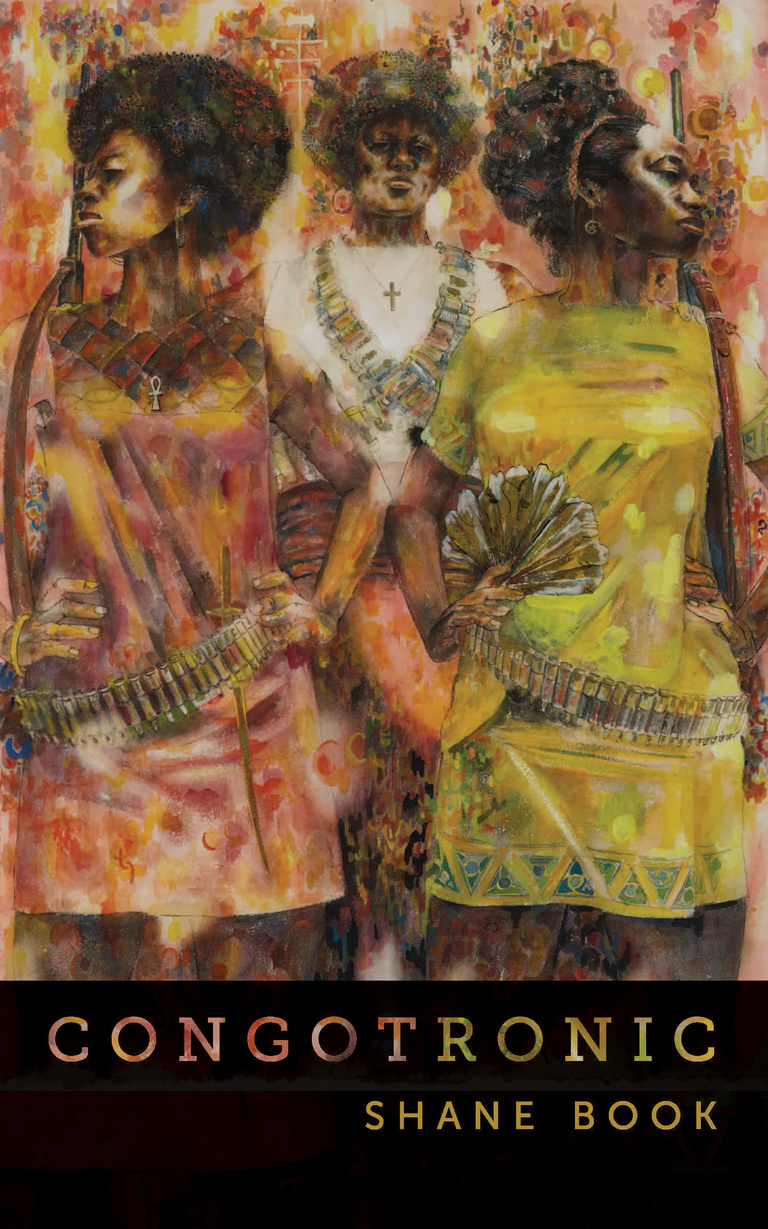Playful Song Called Beautiful ranges far into the intersections of faith and scientific thought, places where “there is no stranger who is / stranger than you, no / familiar who’s more / familiar.” In poems that are either formally rhymed and metered or written in syllabically structured three-line stanzas, Blair wanders among universal orders and failures of desire, where the unlikeliness of any of us being who we are, what we are, where we are forces us to consider—and reconsider—the possibilities of belief and meaning. Blair’s poems are elegant and earthy, sometimes profane, and sometimes lovingly playful.
From the invisible landscape of elementary particles to Johann Wolfgang Von Goethe’s love of the smell of rotten apples, Blair’s poems direct us through a “great wide world that is / ours and never ours” and somewhere among the rolling tercets, the transcendent becomes not only possible, but entirely inevitable.
“John Blair is one of those poets who can do almost anything with a line: make it hum, make it fly—‘to fill the space where wings once sung in you.’ Playful Song Called Beautiful presents musings on mortality that’ll make you glad to be alive.”—David Galef, author, My Date with Neanderthal Woman
“In these poems, a foodie banquet of delicious, exotic, risky platters of language glides before us. The dark and grit of a Baudelaire becomes the elegance of a Yeats, or the logic of an Auden gives way to the effervescent mysteries of a Rimbaud. In these wonderful meditations upon the world’s uncertainties, we’re thrilled by the dangerous, delightful turns.”—John Bensko, author, Visitations
“Rife with juicy epigraphs, gleeful alliteration, and dynamic enjambment, John Blair’s latest book feels like philosophy filtered through wit and joy. Who could have imagined that insouciance and insight, though they share a prefix, could seem so akin, but here comes Playful Song Called Beautiful as proof.”—Cyrus Cassells
“In John Blair’s Playful Song Called Beautiful, rolling tercets become the unlikely medium for all manner of slippery, expansive, and emotive thinking. In these quietly arresting poems, opposites rhyme and the past gains all the grit of the present. And yet, amidst all this memory, ‘There is no future.’ For Blair, poetry is process, a forum where ‘Today is under / construction, thank you / for waiting.’ Nietzsche, Galileo, Goethe, Plato, Joyce, and others make visitations, and they, too, suffer the pressure, ‘the lovely pain’ of the present, must mean something now to this fierce, philosophical, and unforgiving sensibility. Blair’s poetry is shifting and its mutable meaning is ‘all the comfort you need, all / the comfort you get.’”—Craig Morgan Teicher, judge, 2015 Iowa Poetry Prize



